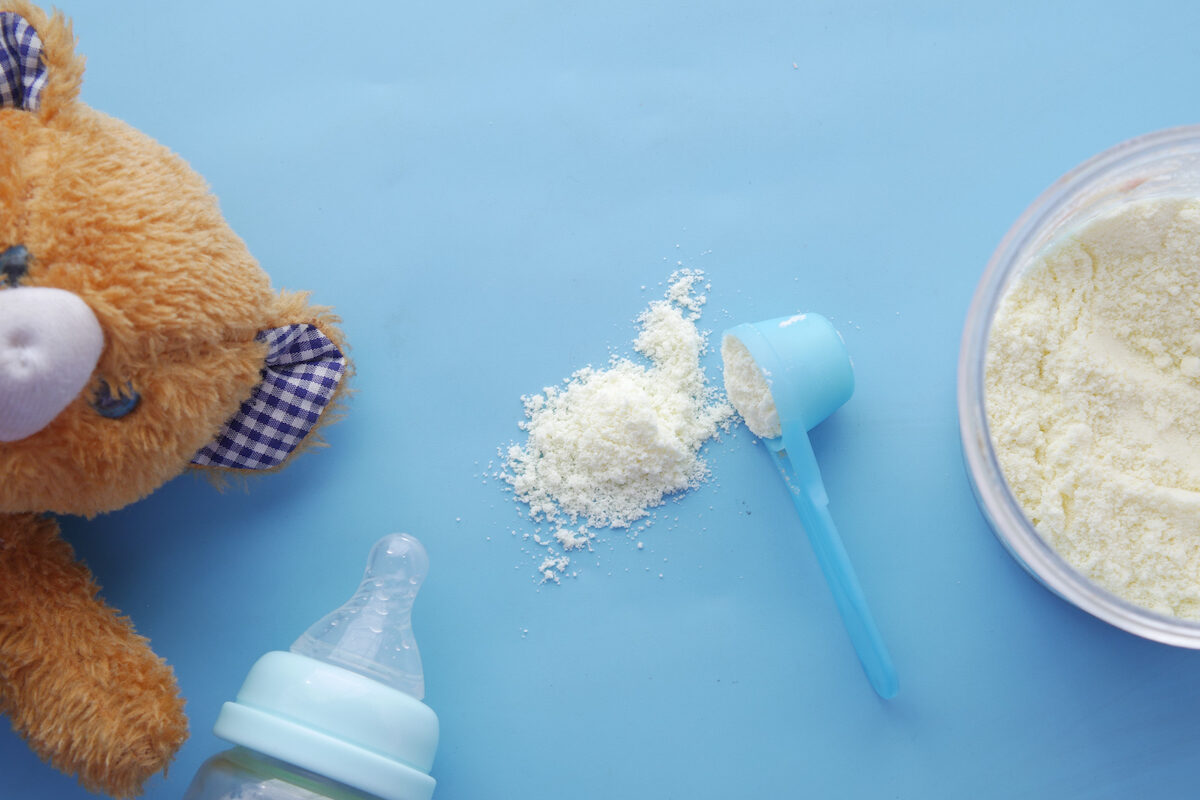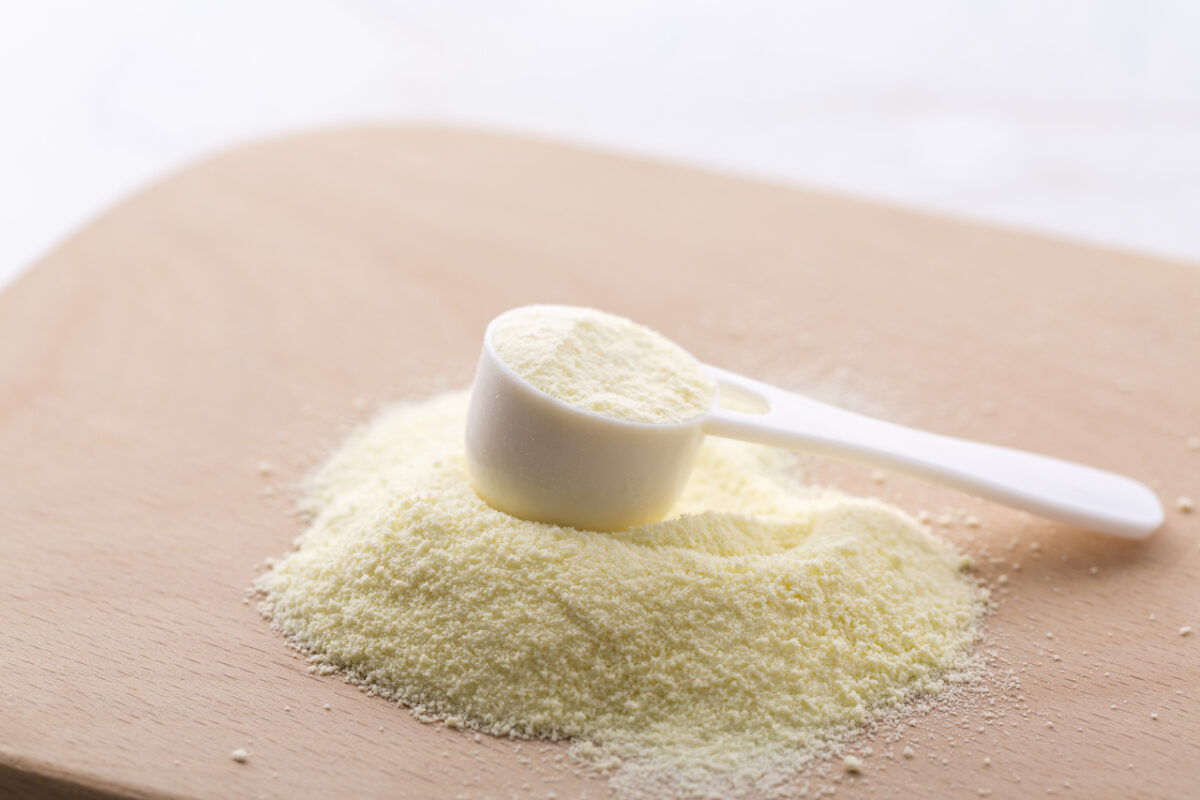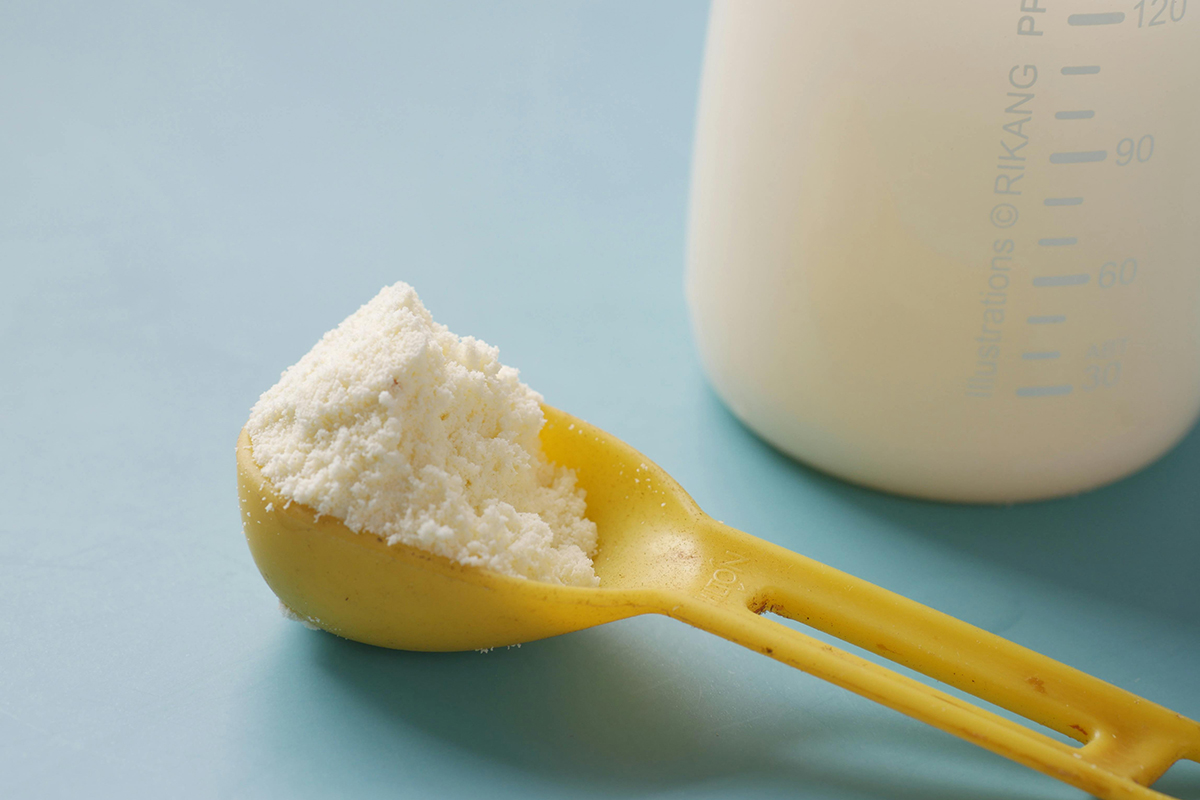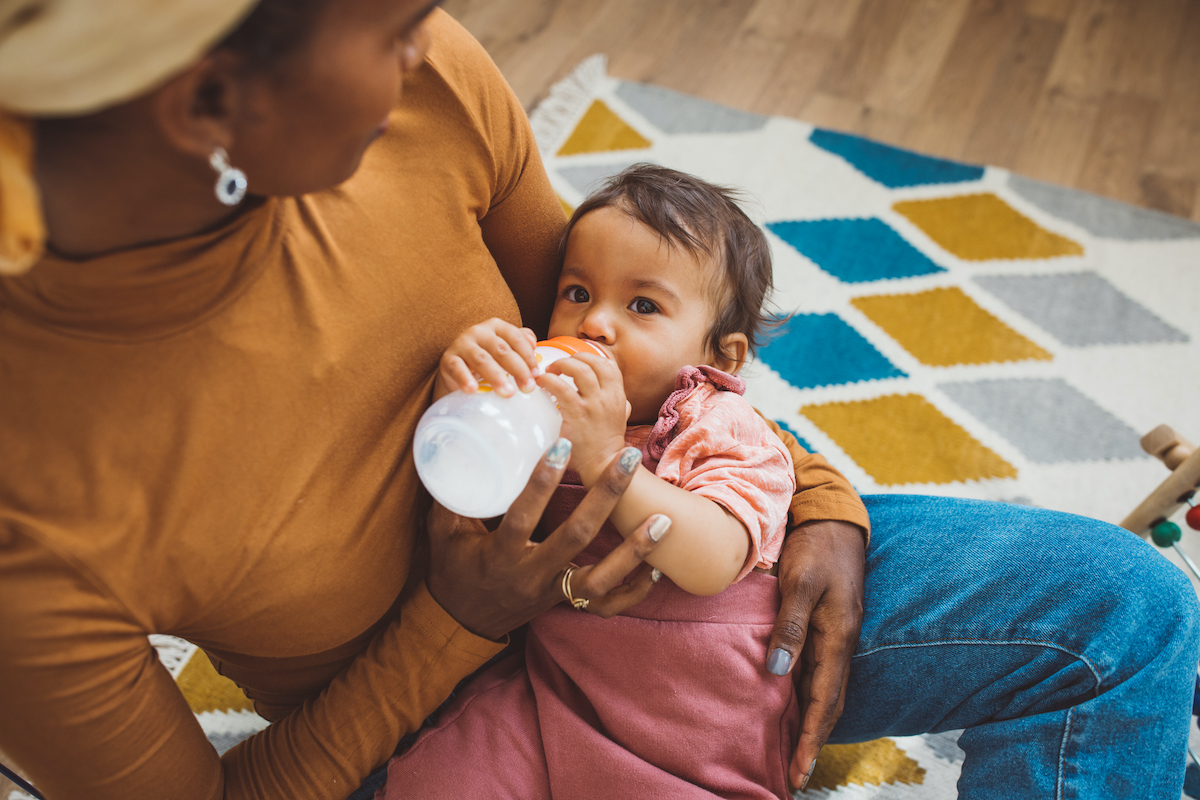I use a Baby Brezza and love it; baby is thriving/gaining weight. However, I recently was told by both a pediatrician and a few friends to not use it because formula measurements could be off. So my question is: What’s the data say about formula margins of error? Does a gram being off really matter? Two grams? Where does the harm come in?
—Sincerely, a mom with a Baby Brezza gathering dust, a small fortune spent on ready-to-feed formula, a 0.01-gram scale in her kitchen, and formula powder everywhere…
For the uninitiated, a Baby Brezza is, basically, a Keurig machine for formula. If you want more basic details, I highly recommend this excellent and detailed blog post about it.
You fill up a Baby Brezza with powdered formula and with water, and the machine makes the bottle for you with (in principle) the prespecified amounts. In early 2020, there was a proposed class-action lawsuit, and some related coverage, suggesting that in some cases the machine had produced formula that was too watered-down. The result was infants who did not get enough nutrients. Obviously, this is a problem.
In order to have serious impacts on infants, though, the measurements need to be quite severely off. If you missed a gram or added an extra one here or there, it will not matter. If you were mixing by hand, you’d make these kinds of errors too. There are ways to check that you’re roughly in the right ballpark by looking at how much formula is being used. You can taste the formula that is produced by the machine versus your own hand-mixing to see if they are similar.
The most important part of your question is the statement that your baby is thriving and gaining weight. A signal of a problem would be not gaining weight, or seeming extremely hungry and fussy. If you are not seeing that, and you’ve checked the calibration on your machine, you can put away your 0.01-gram scale for now.
Community Guidelines




















Log in
We purchased a unit used on Facebook marketplace. At our one month appointment we were told our baby needed more sustenance even though he was maxed out volume wise on his bottles. We decided to do the manufacturer’s test per their instructions on our Baby Brezza unit. We were horrified to learn that our unit was dispensing 25% less powder on a 4 oz bottle than the formula manufacturer recommended, and dispensed an extra half ounce of water. This is dangerous and scary and should not be ignored by parents. Buyer beware.